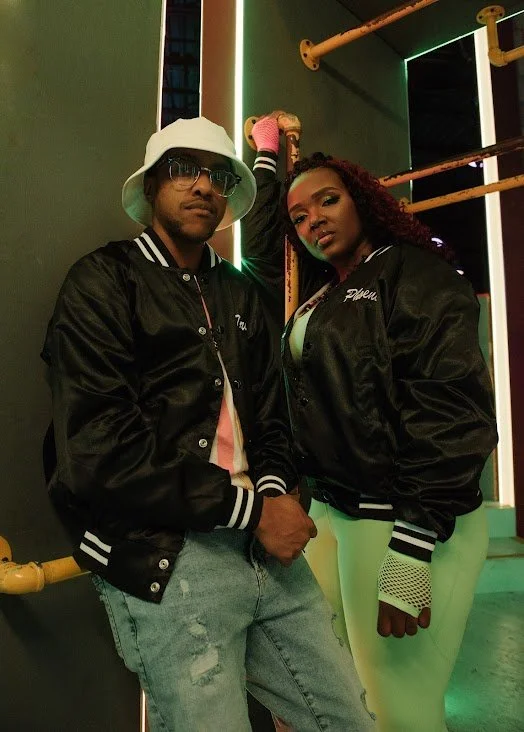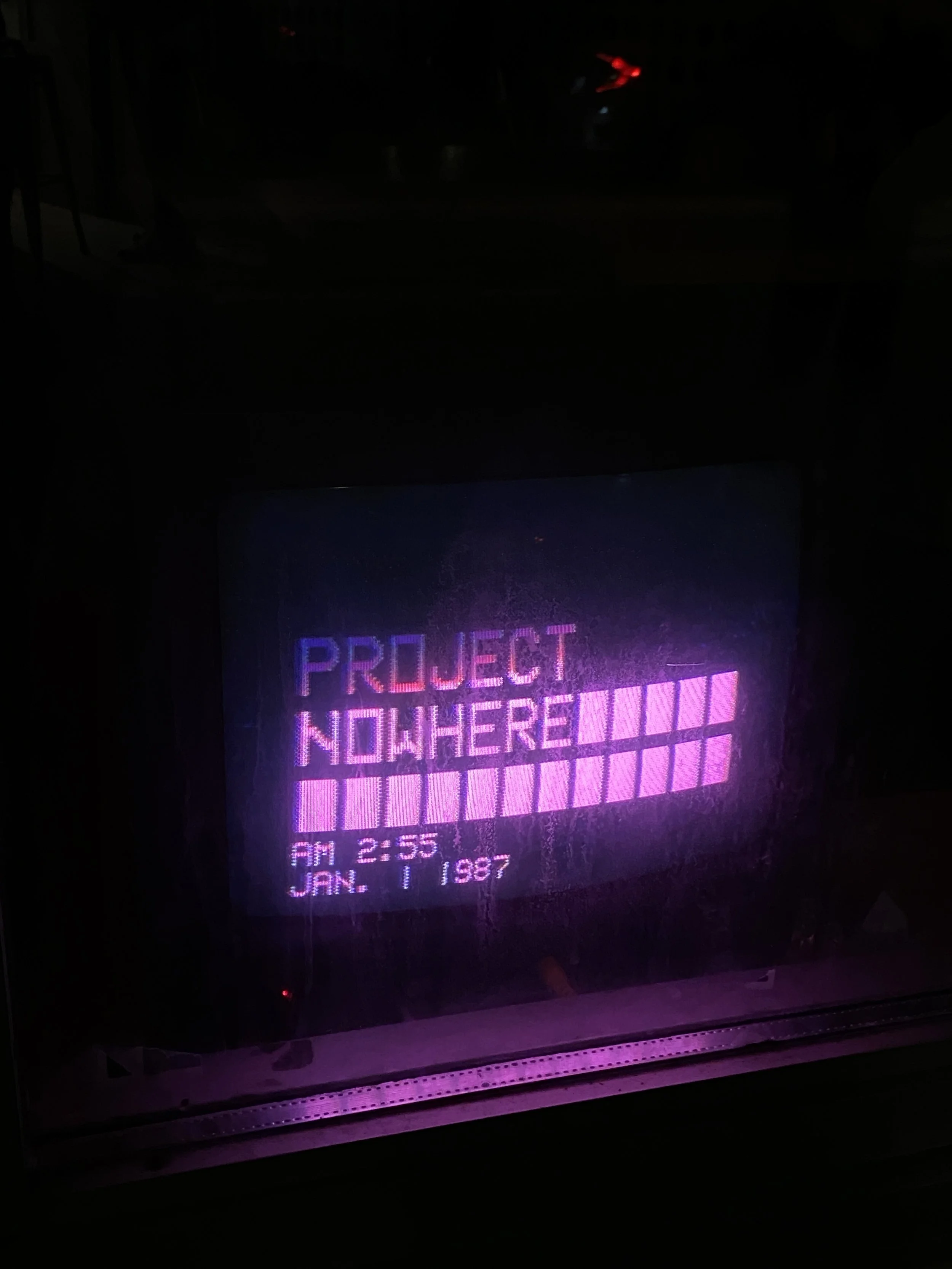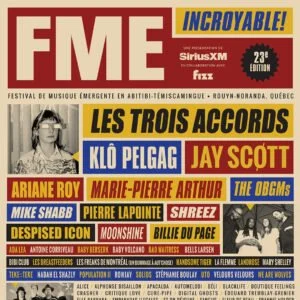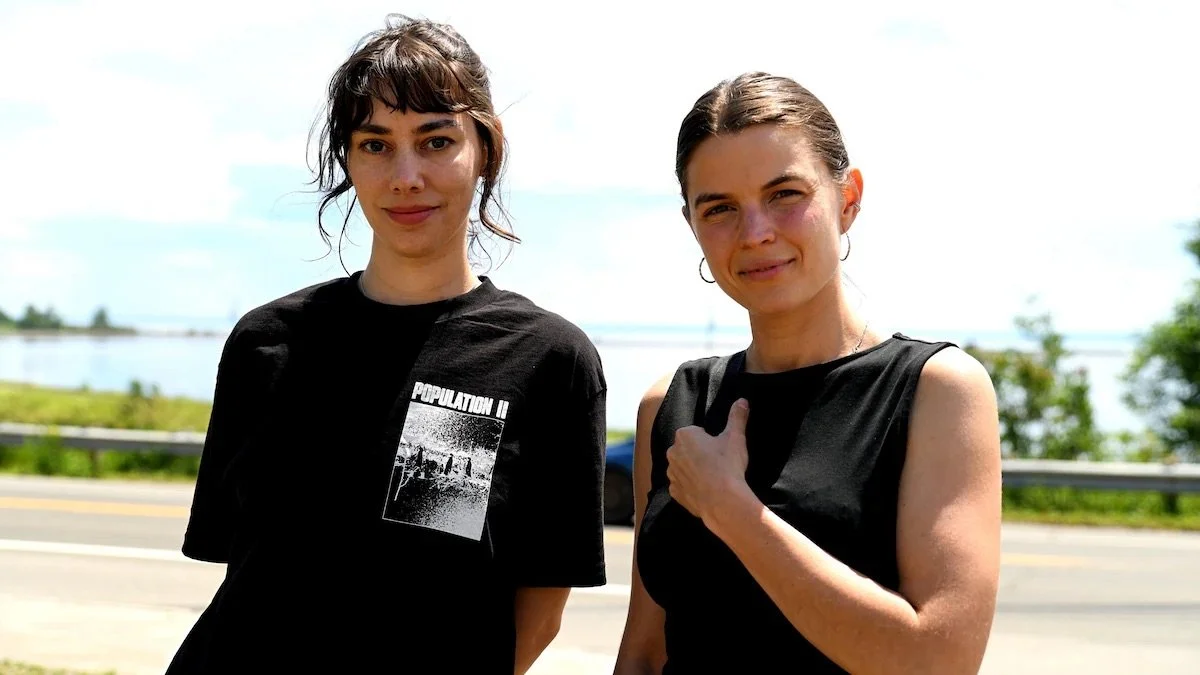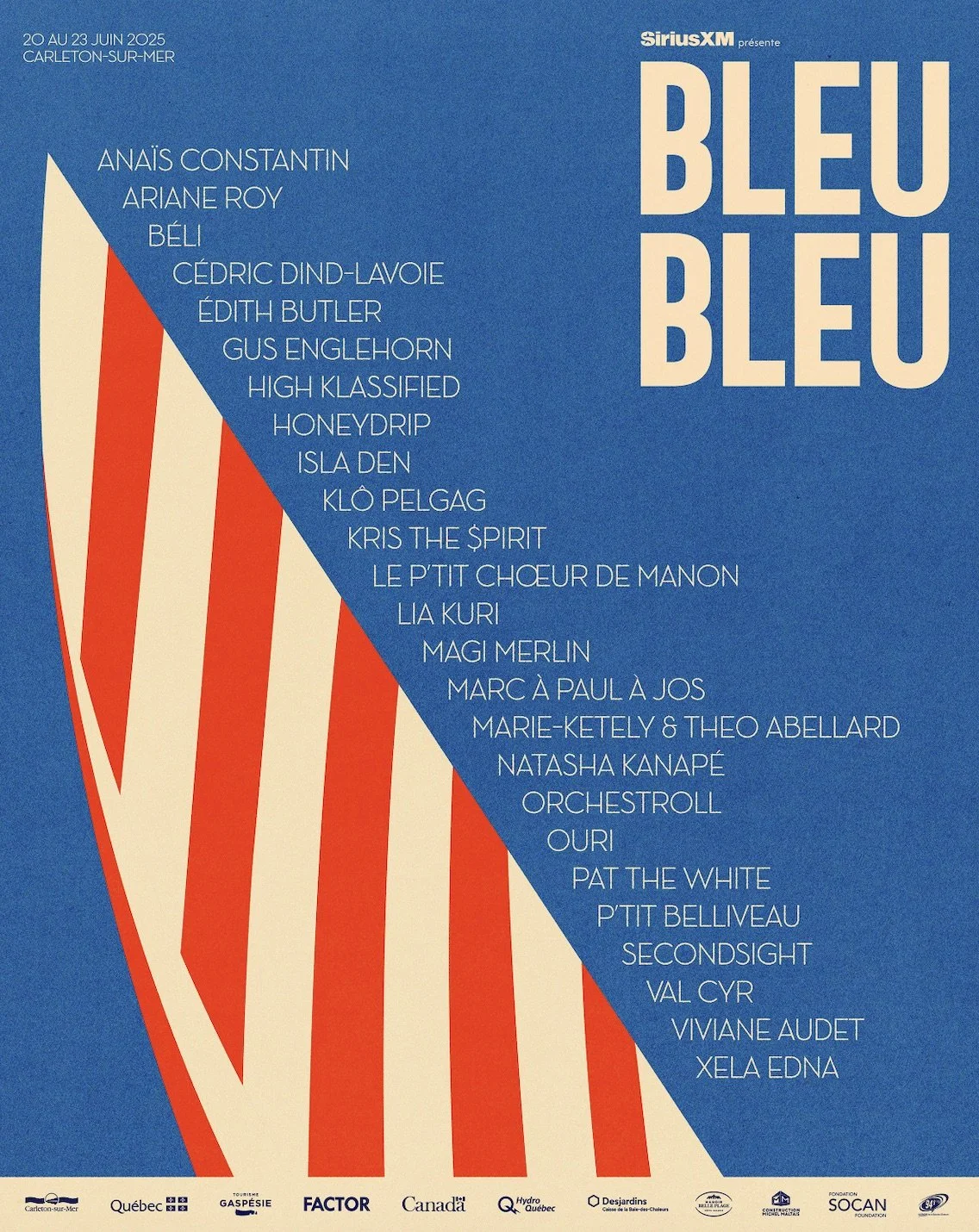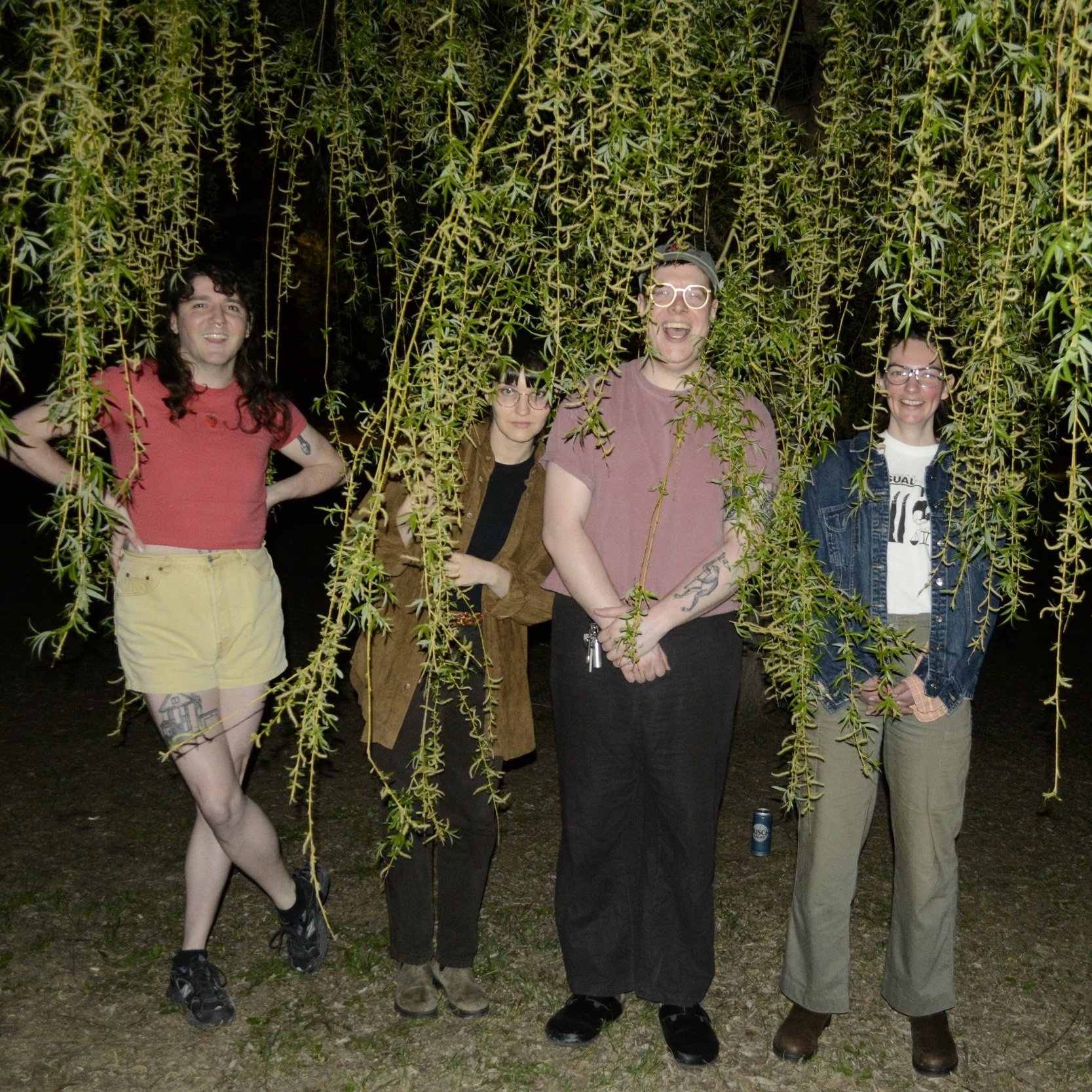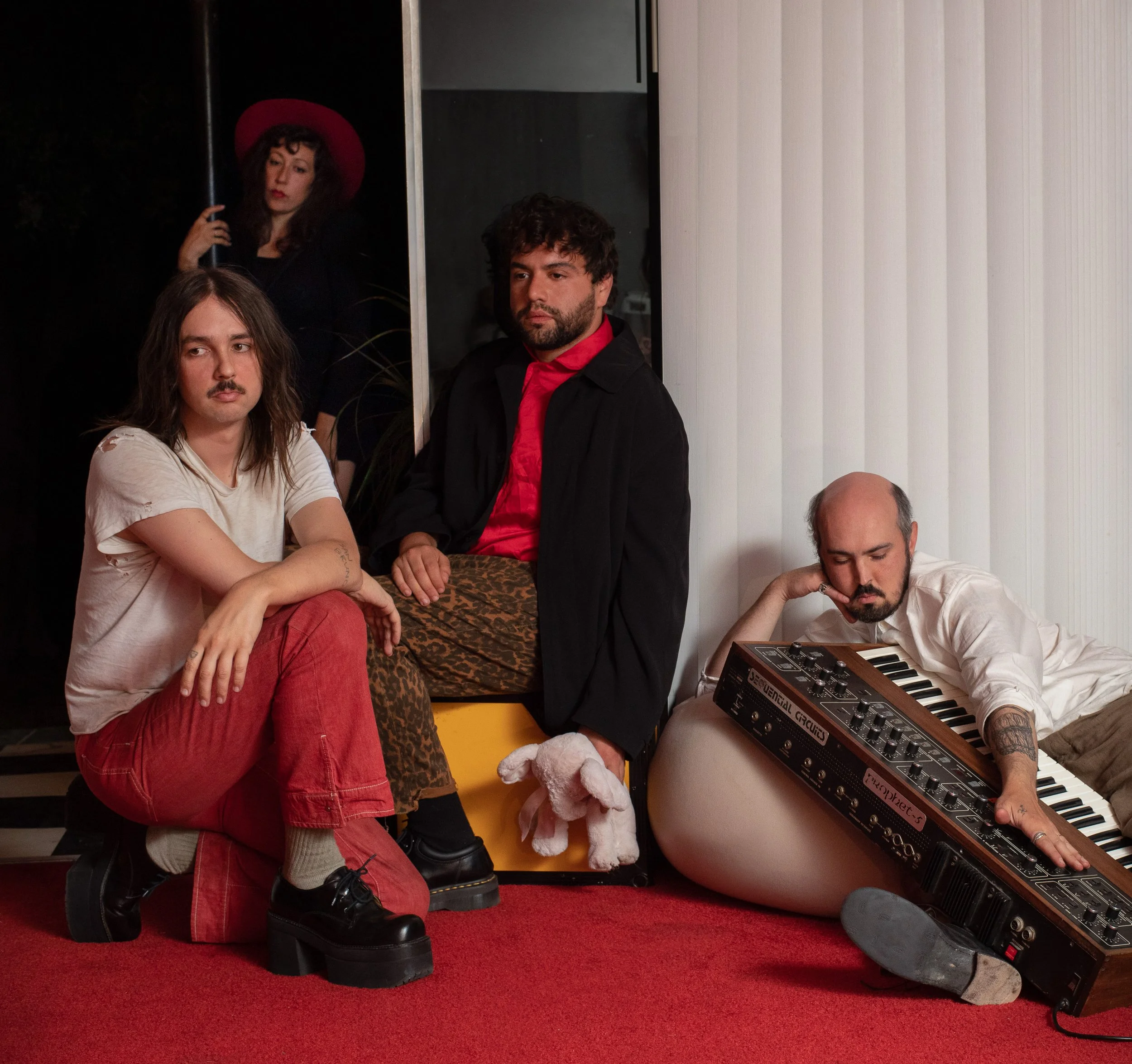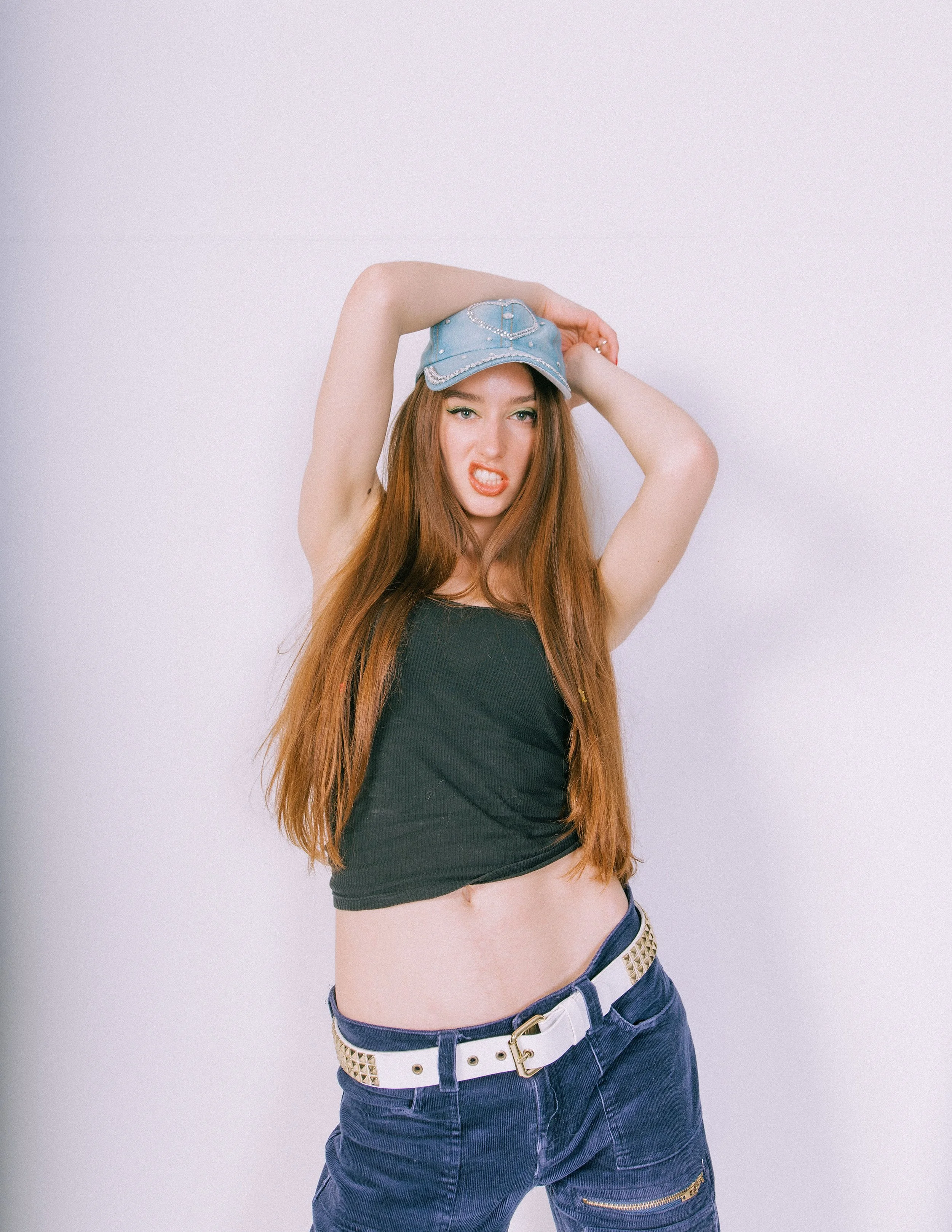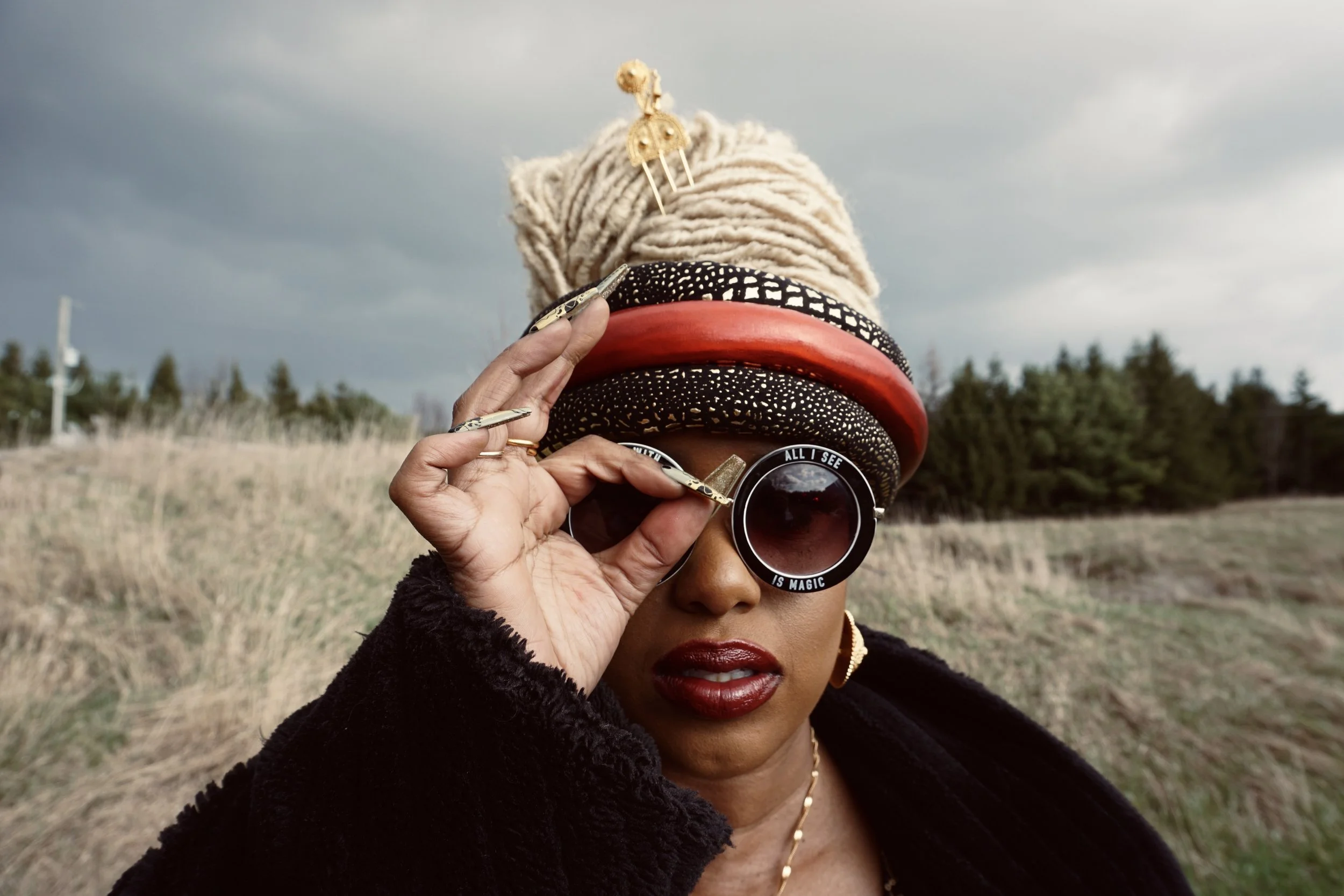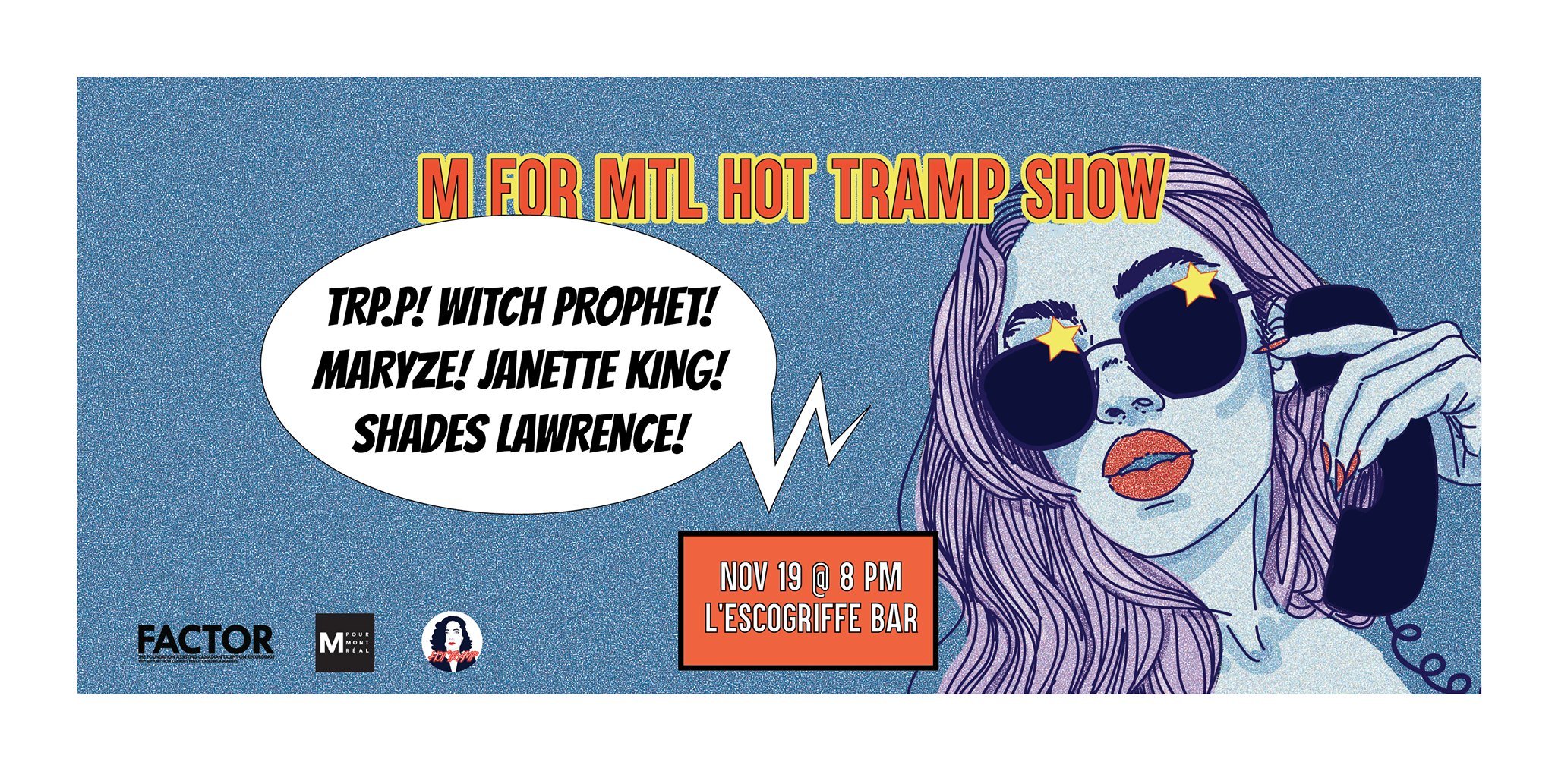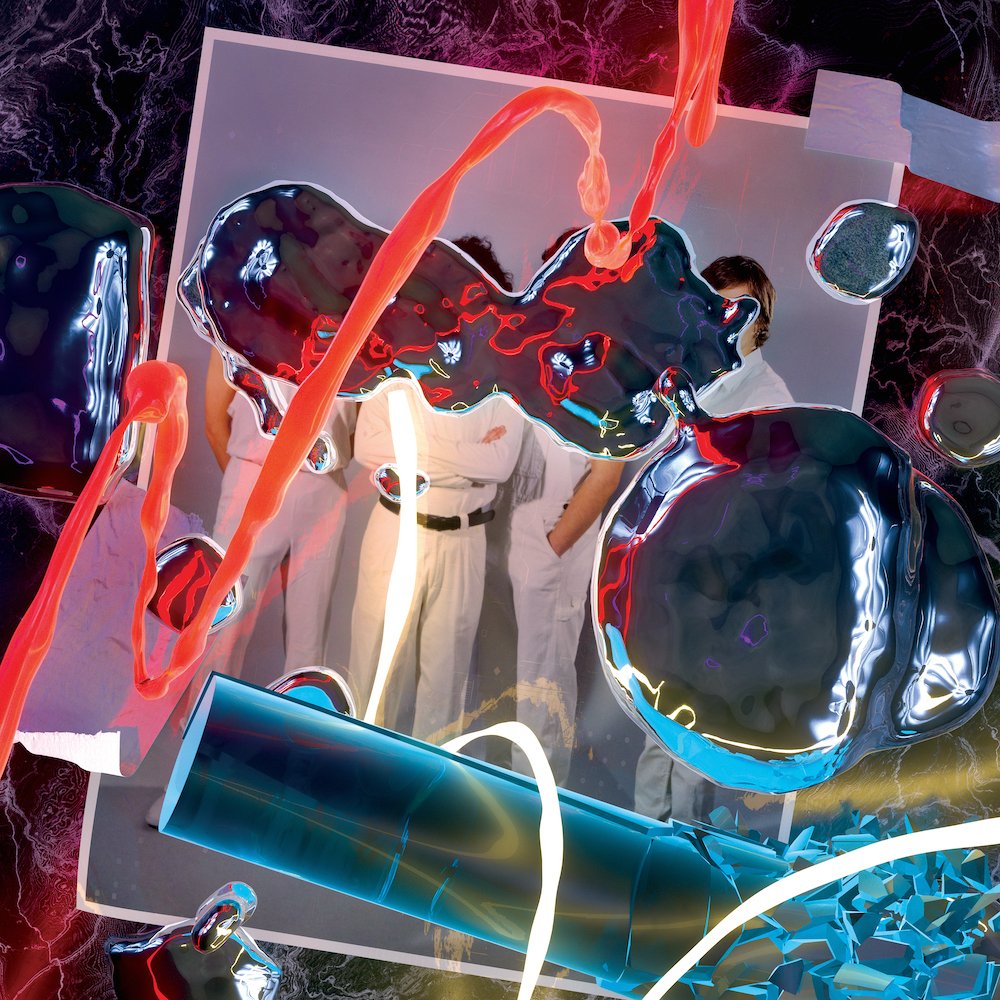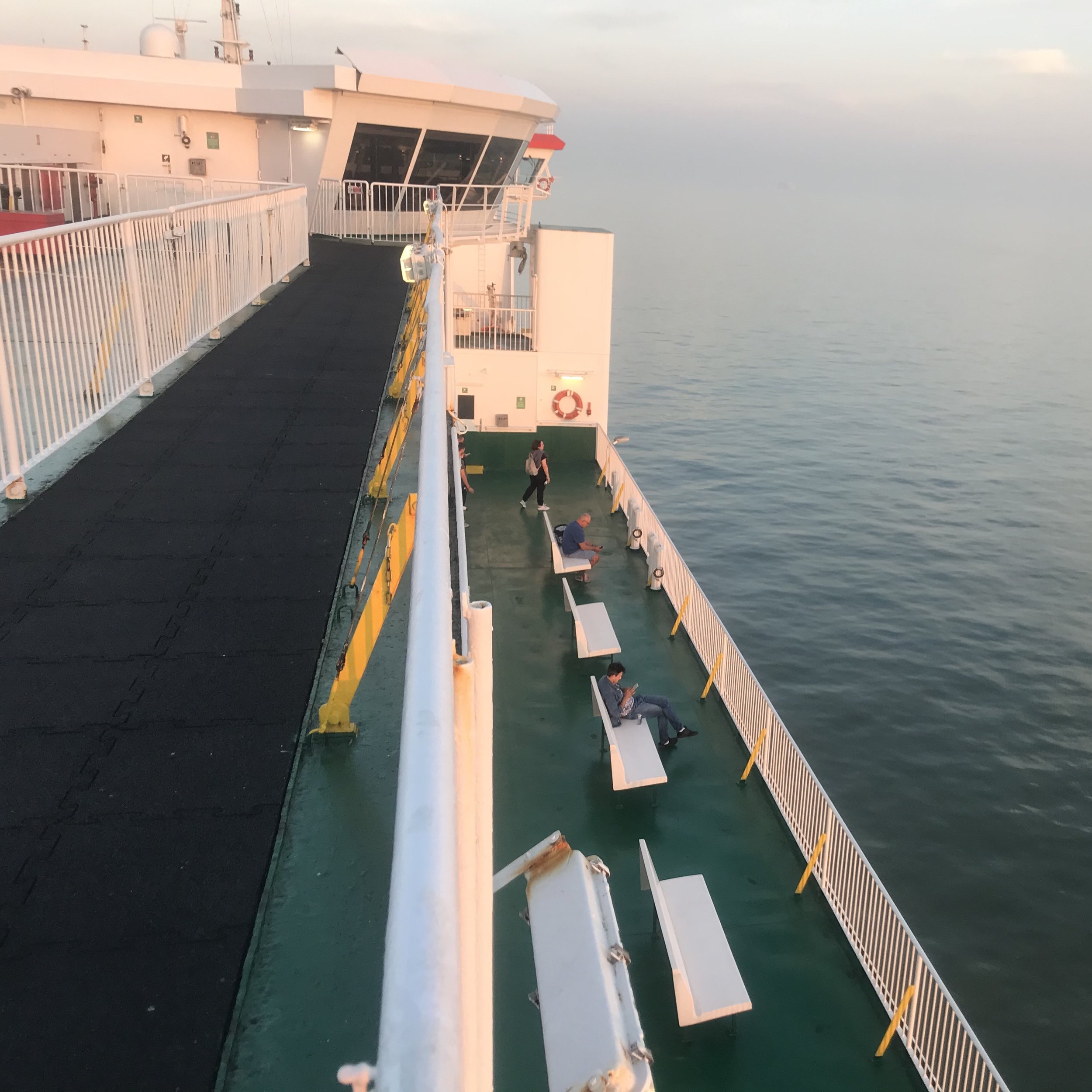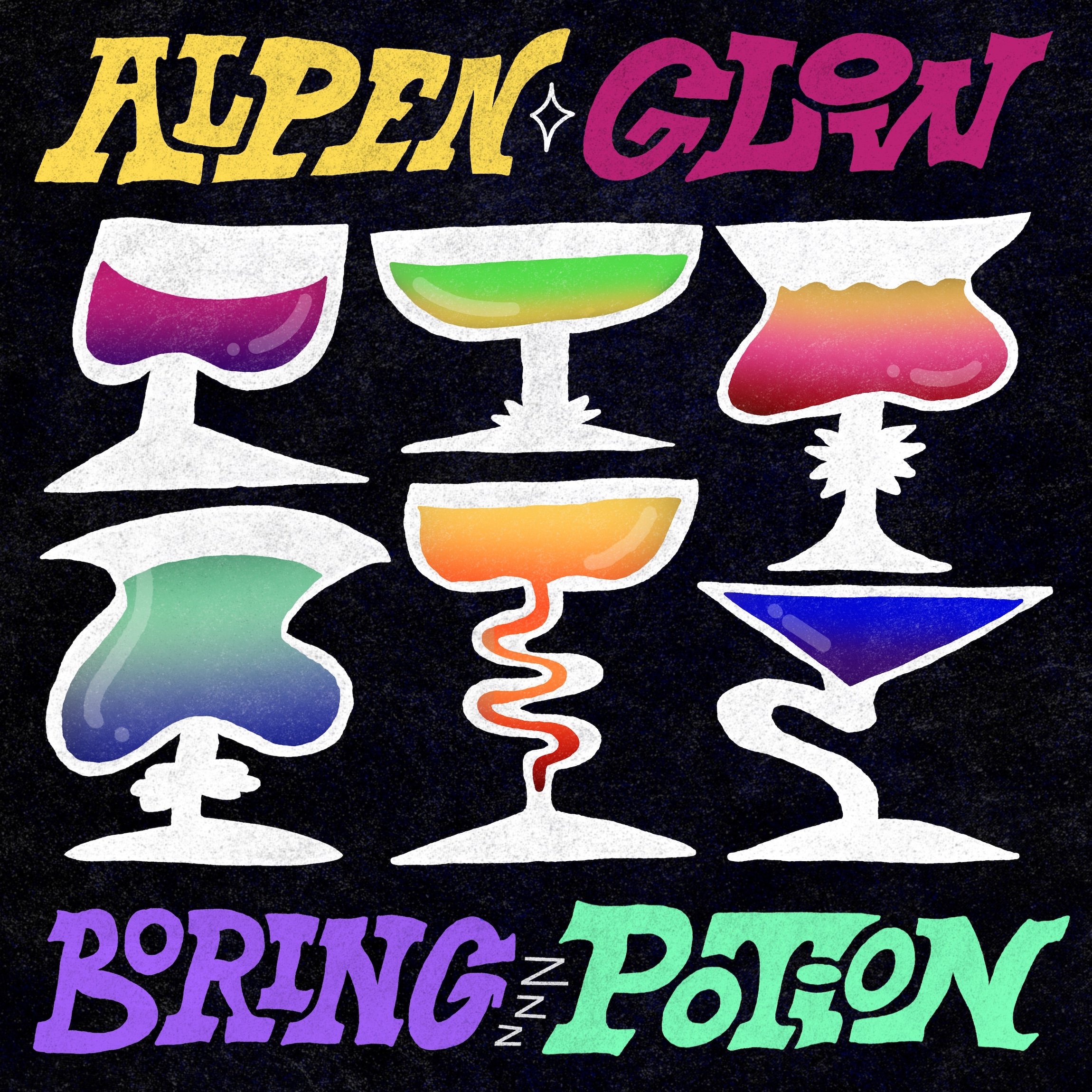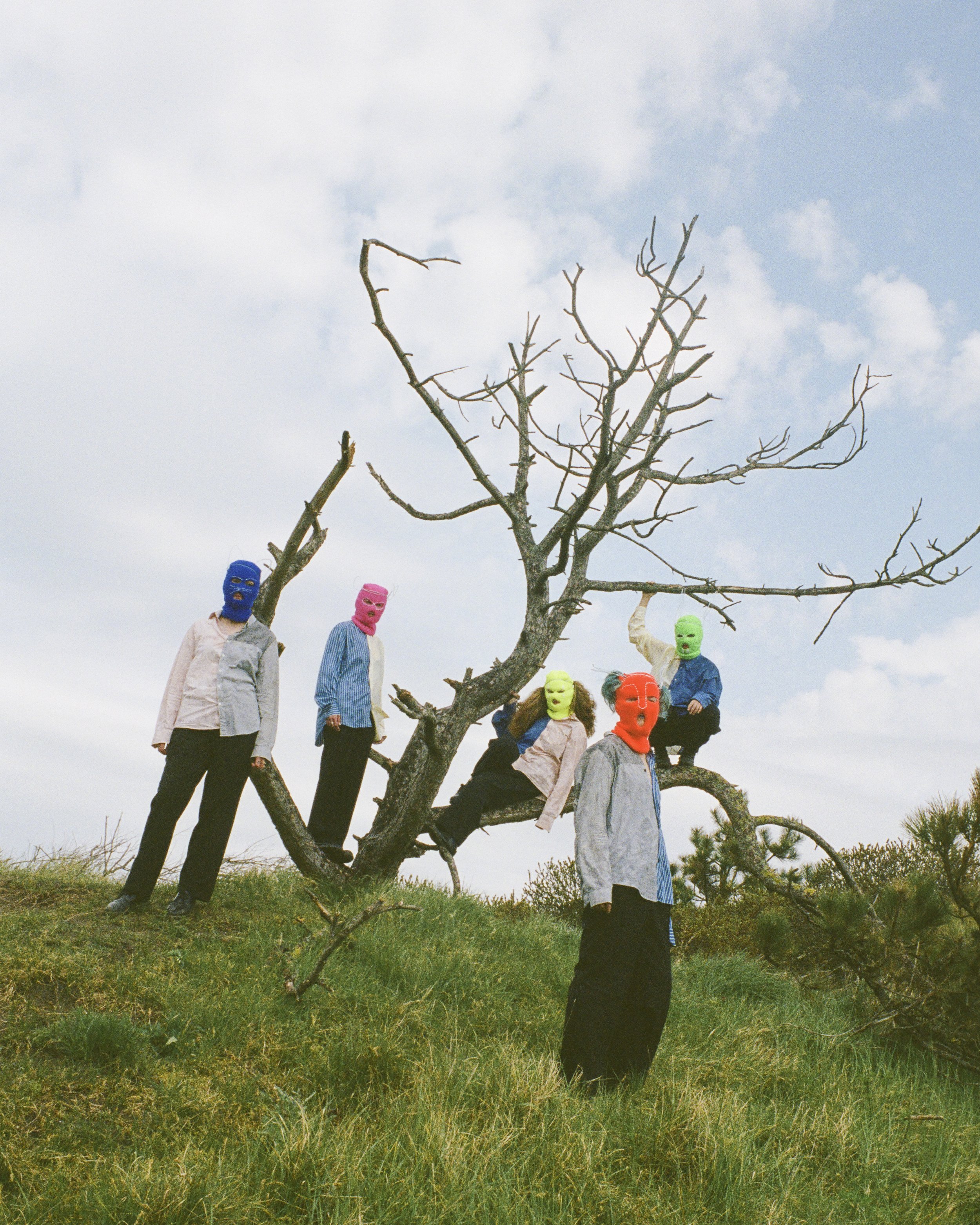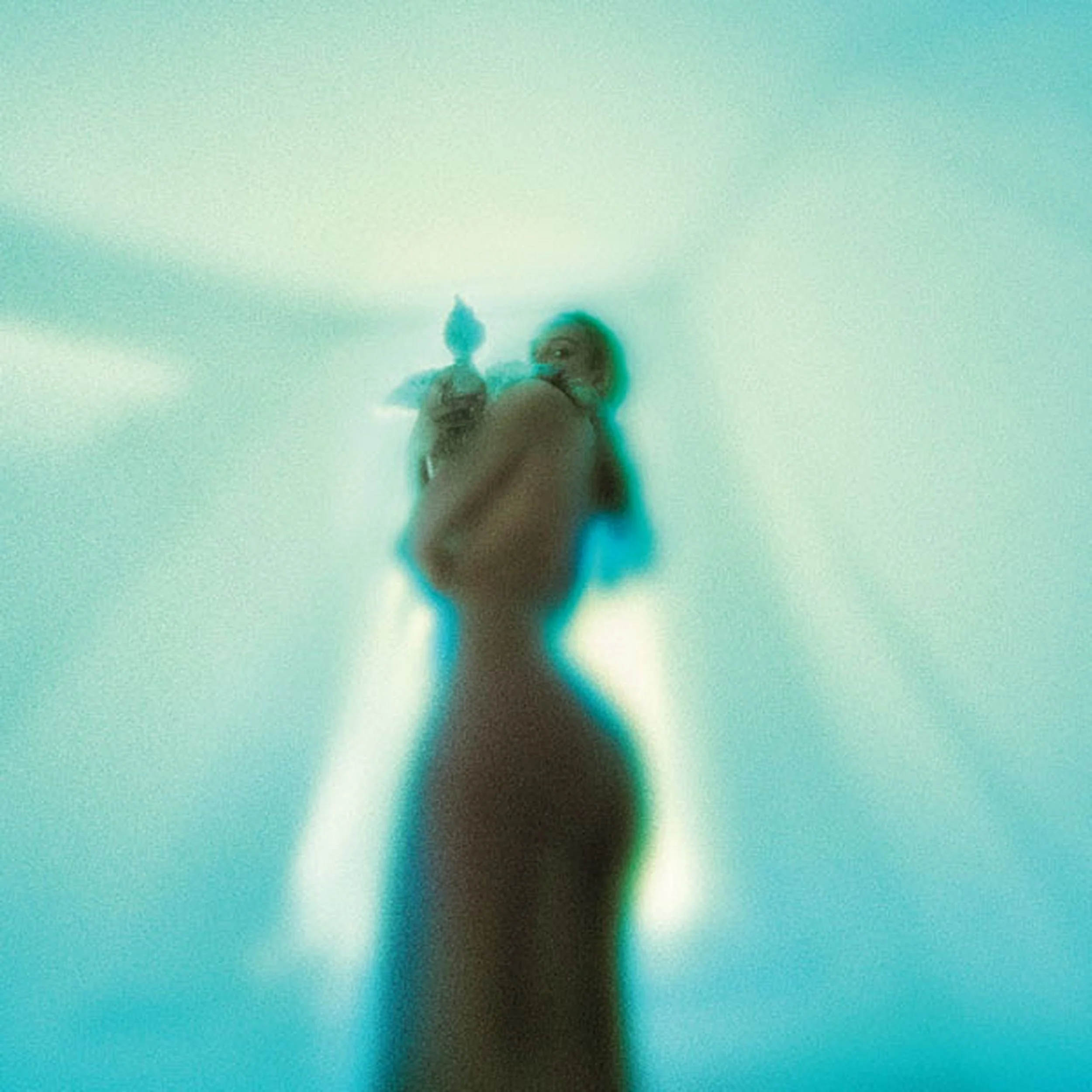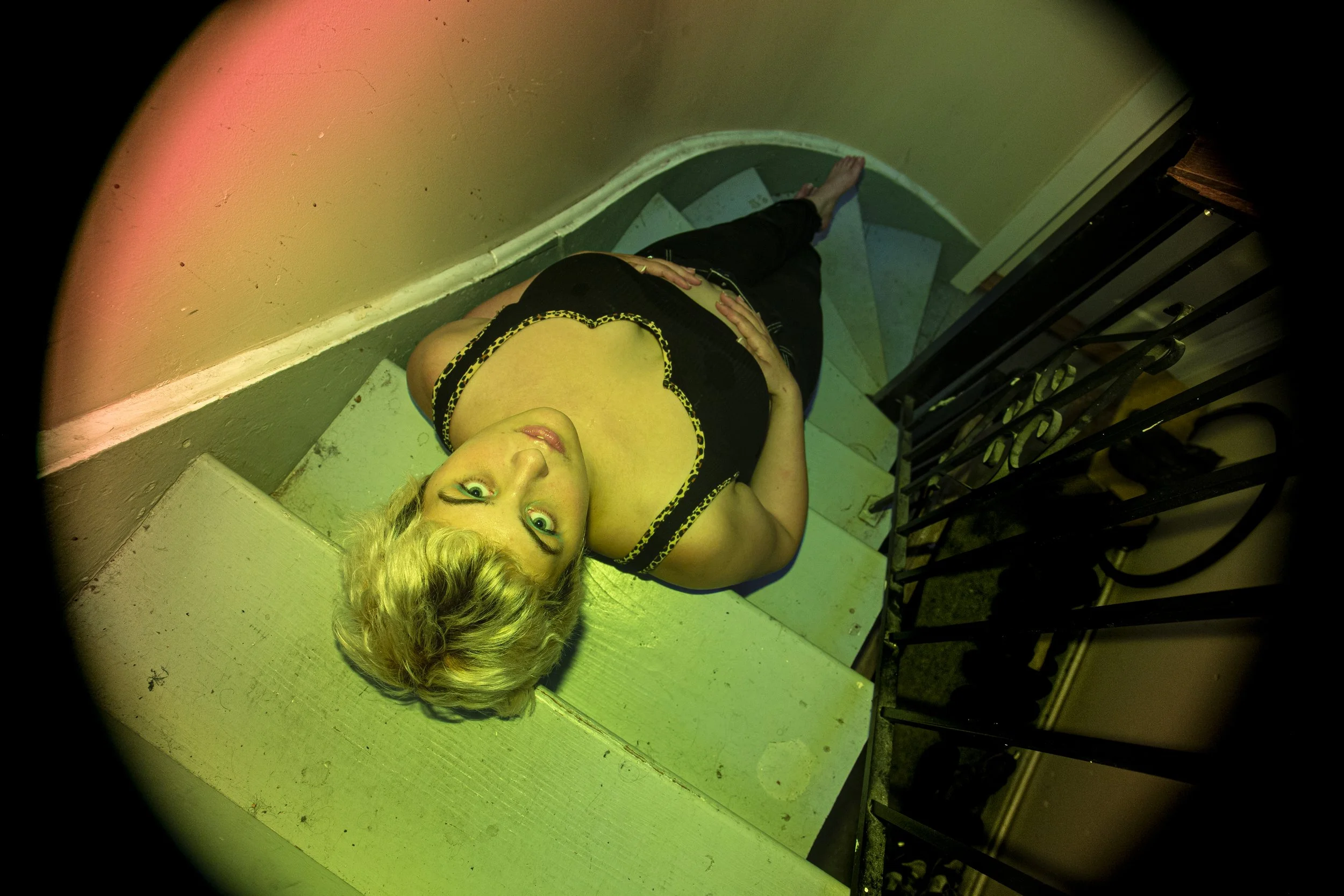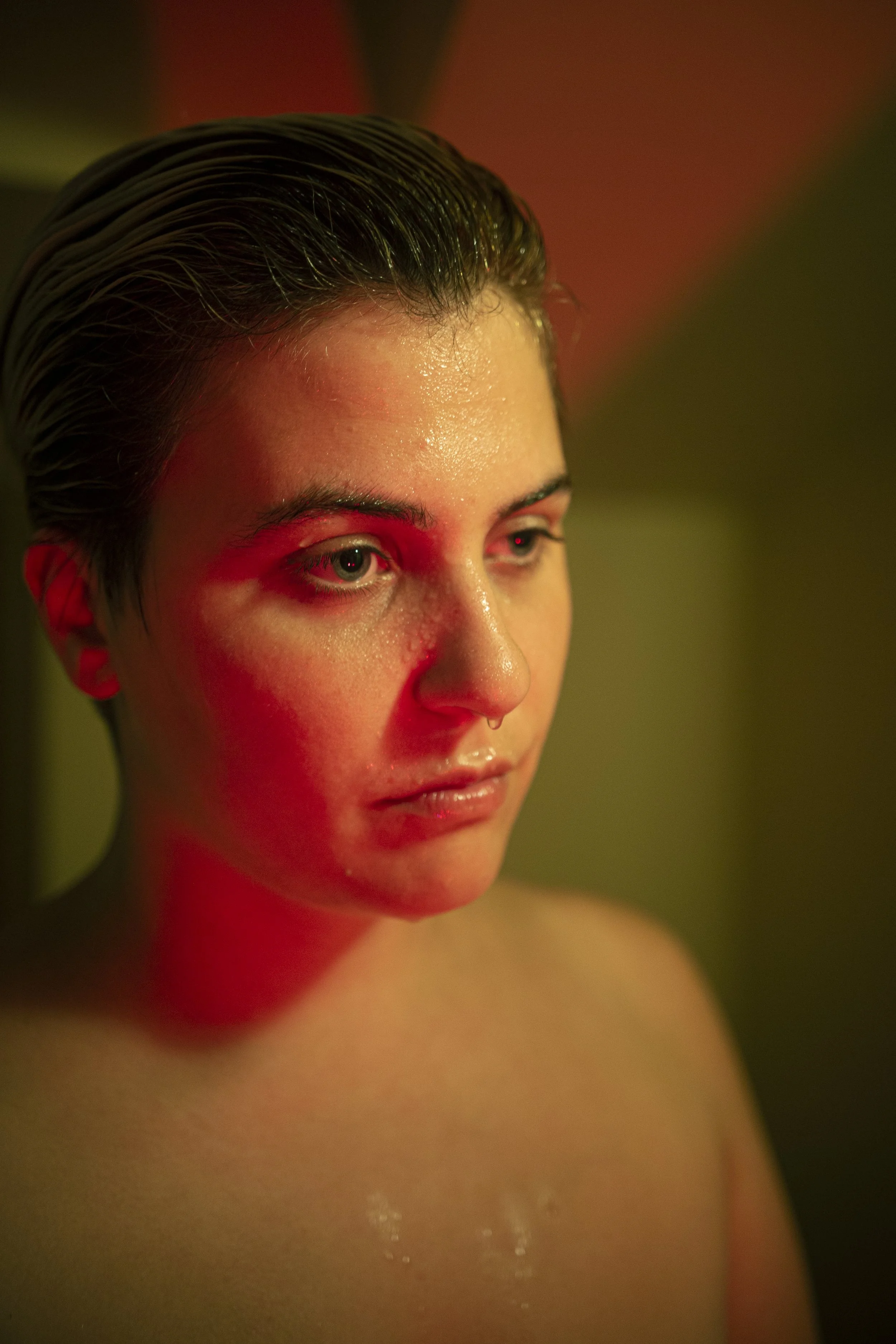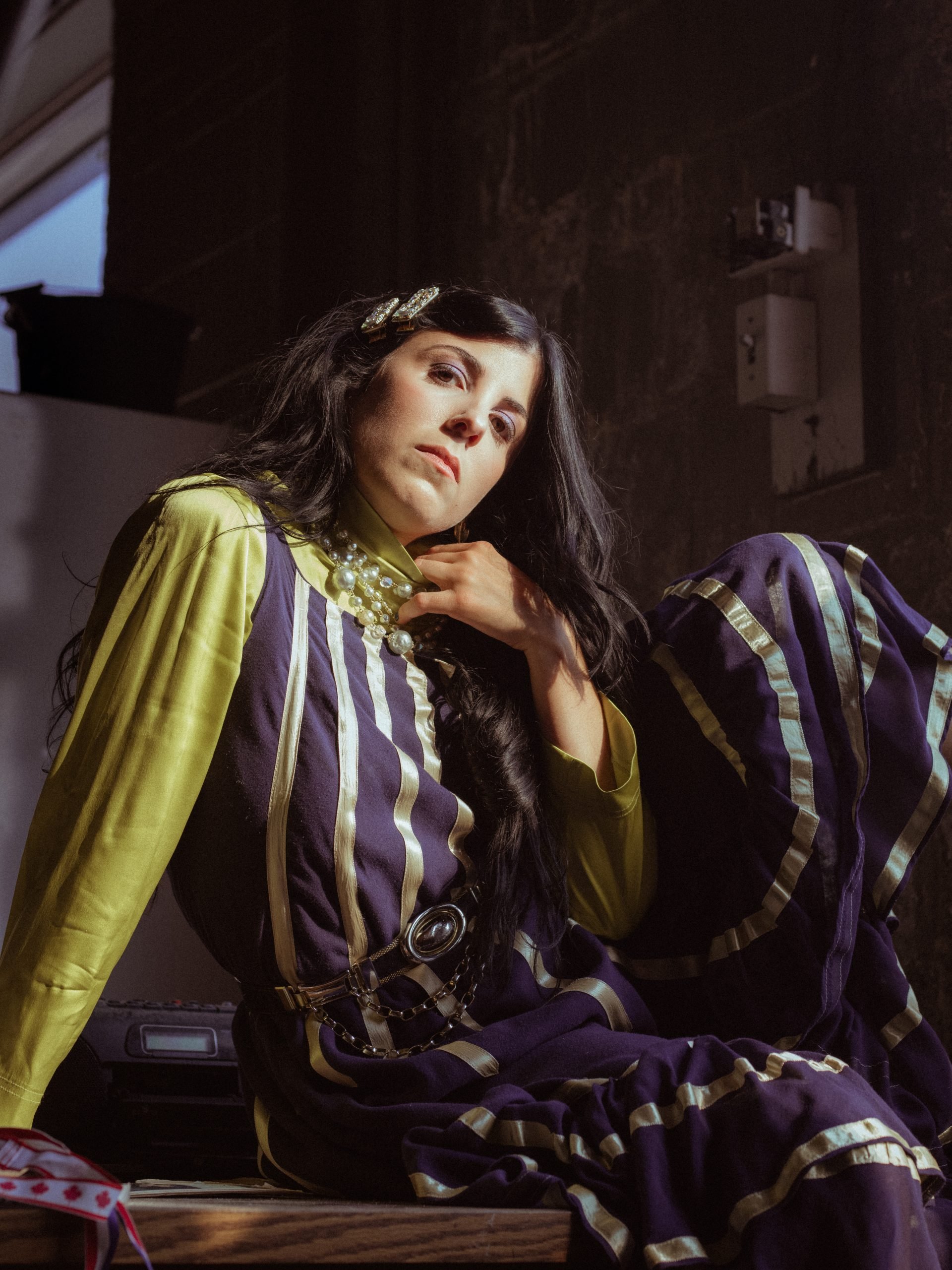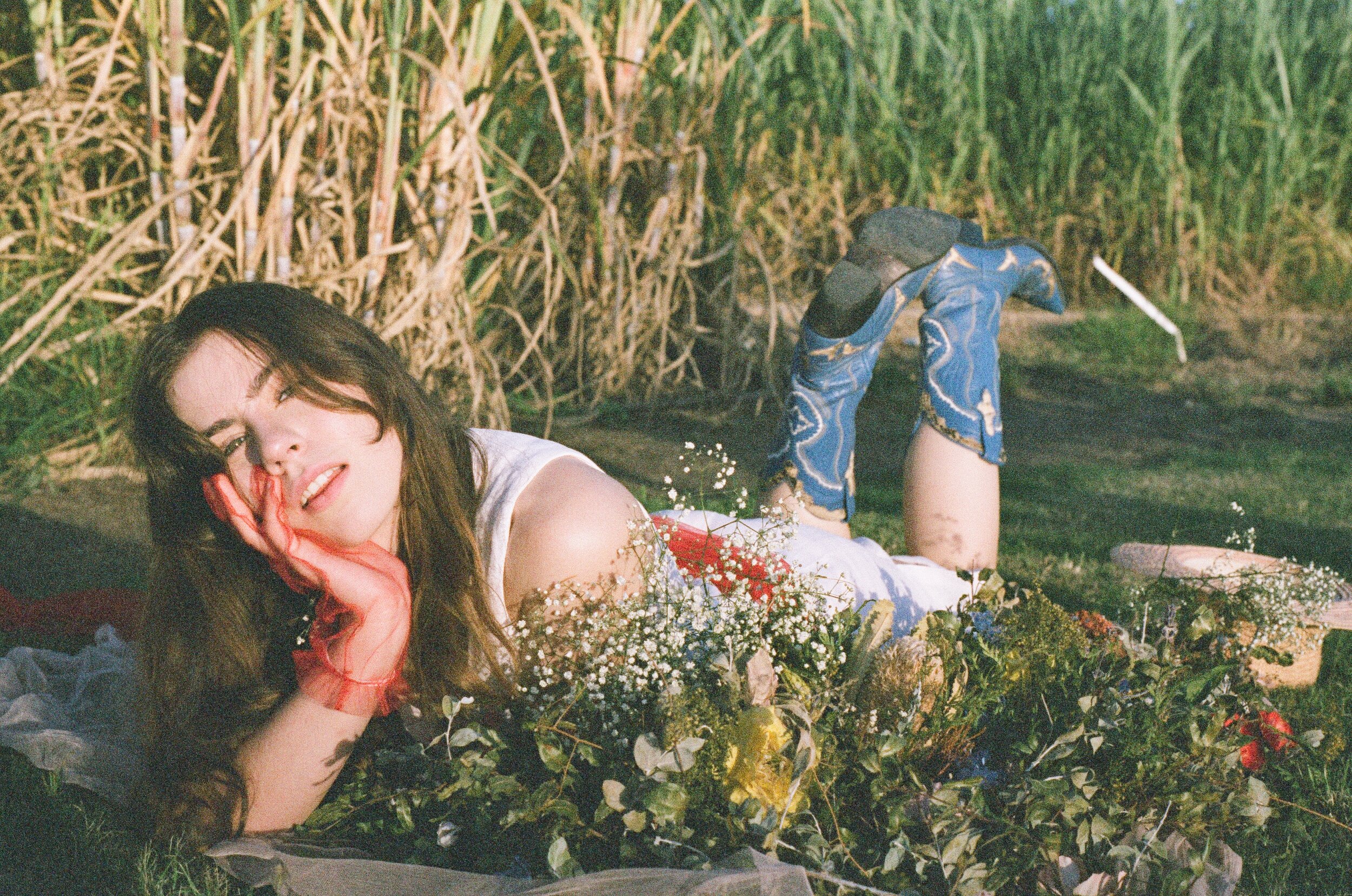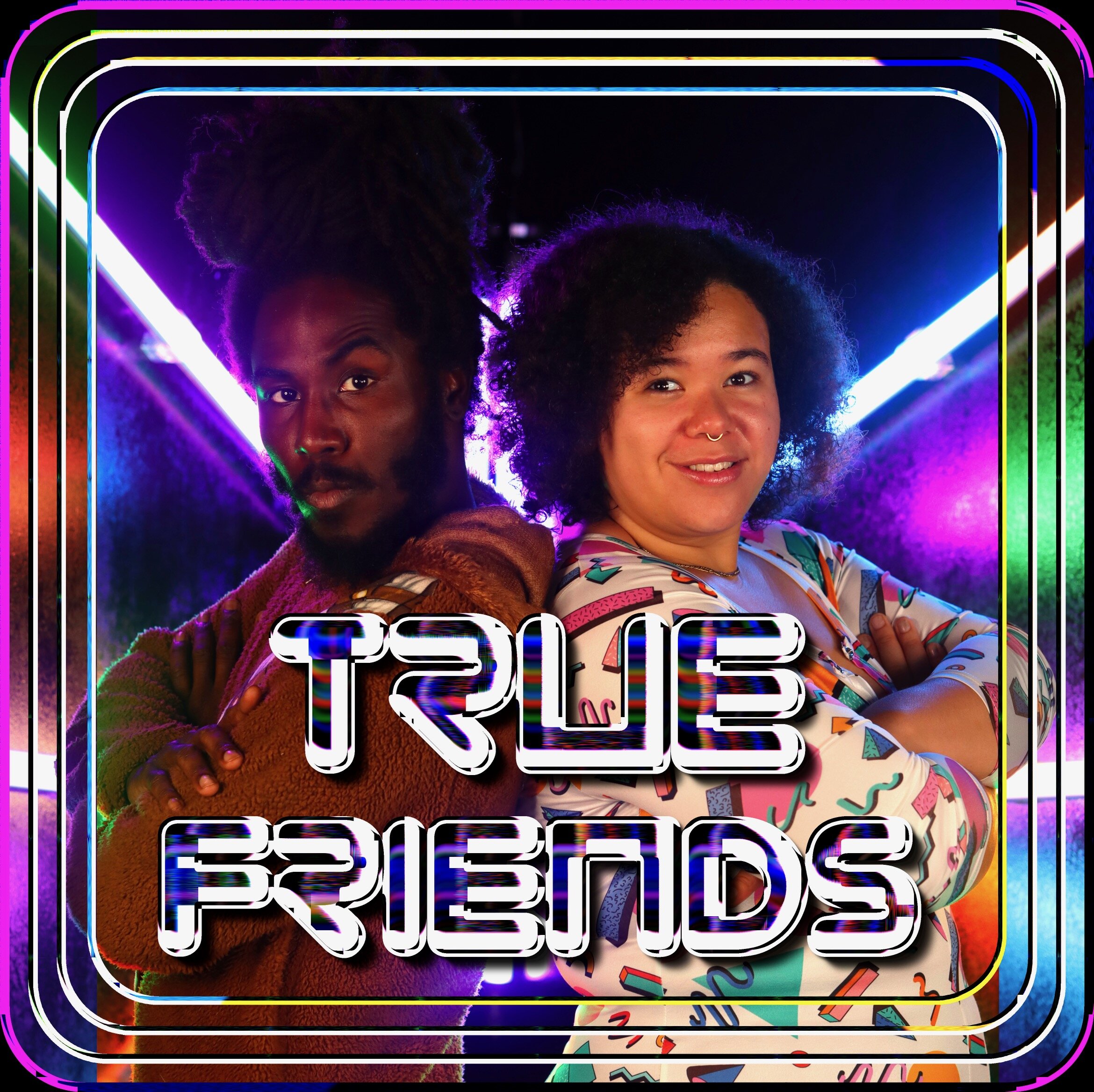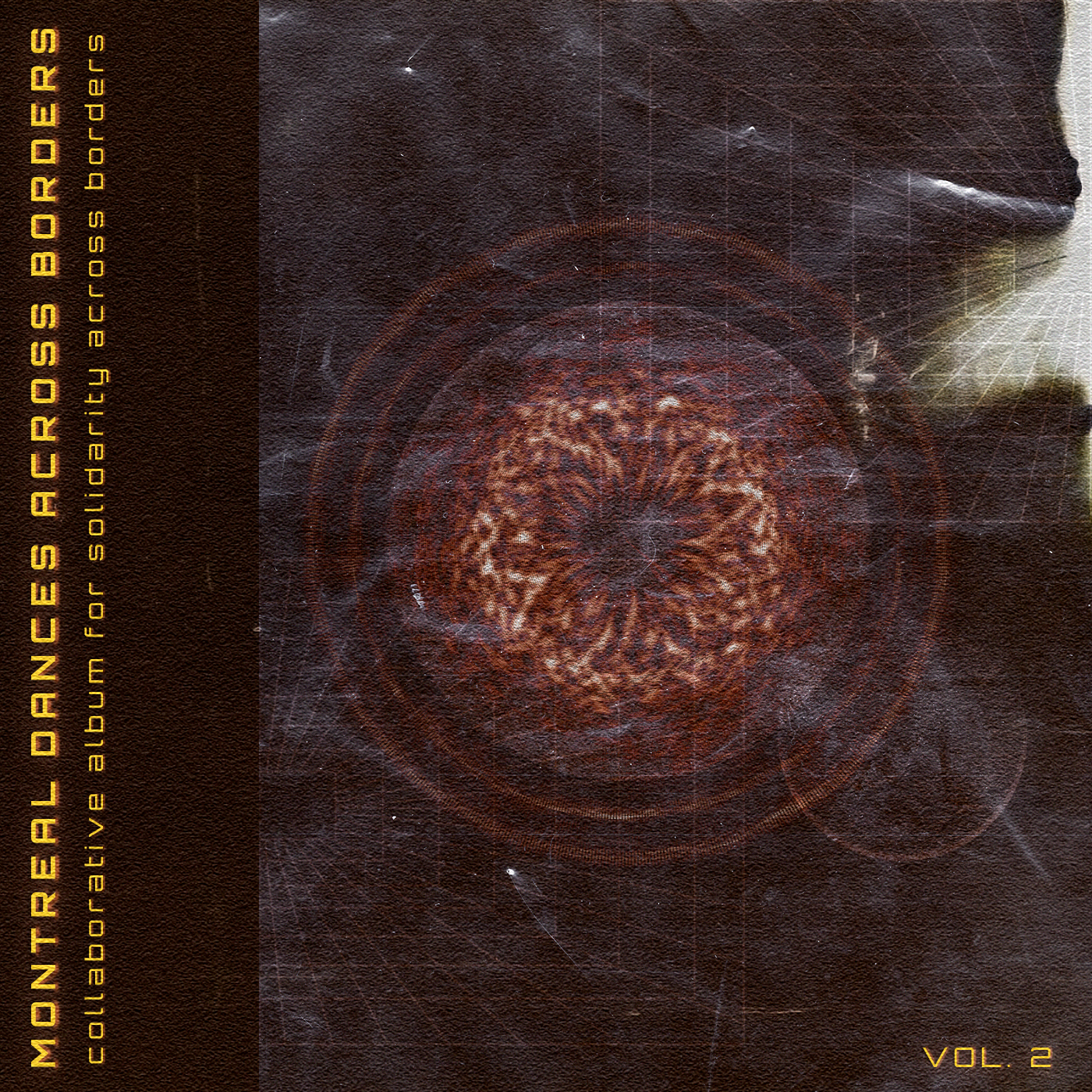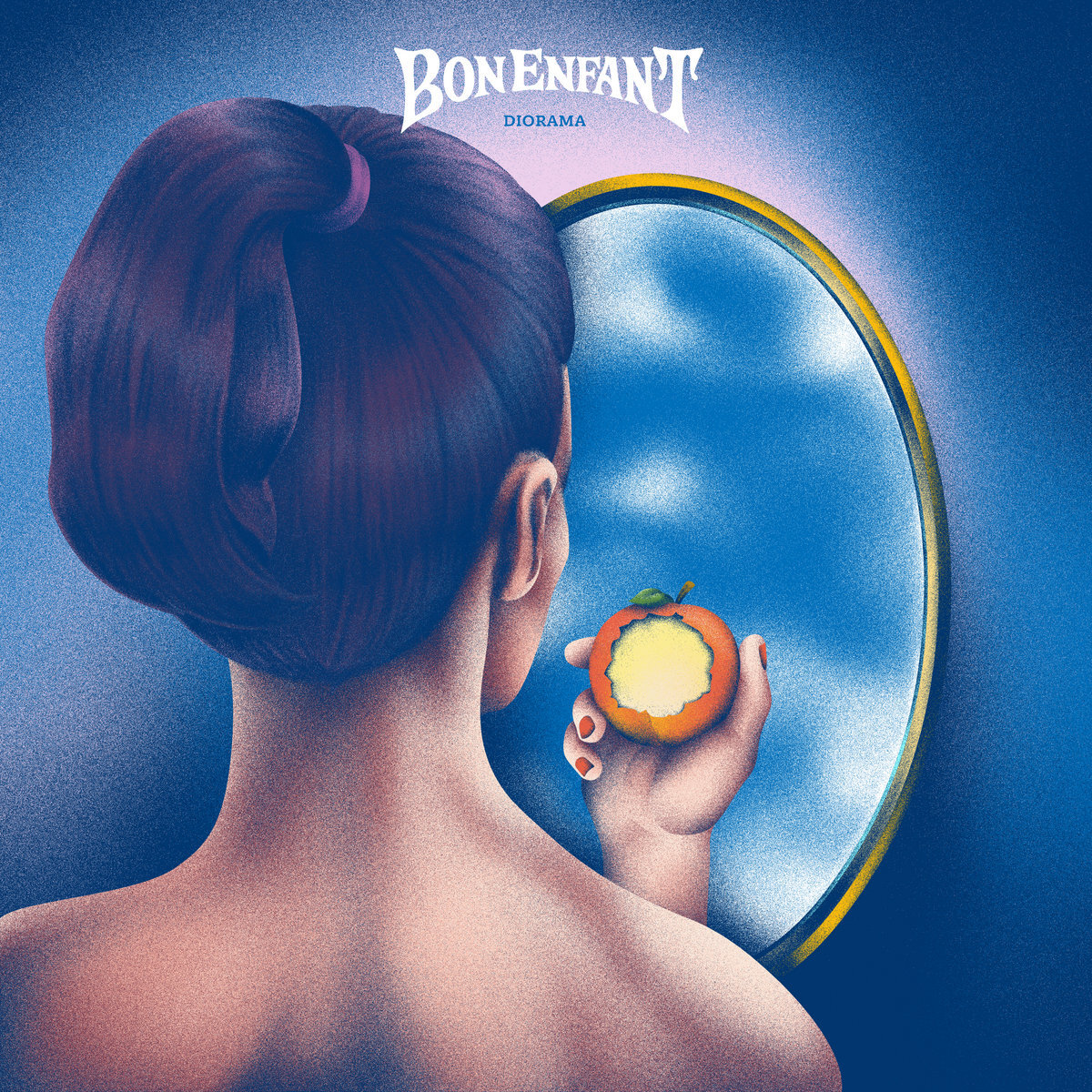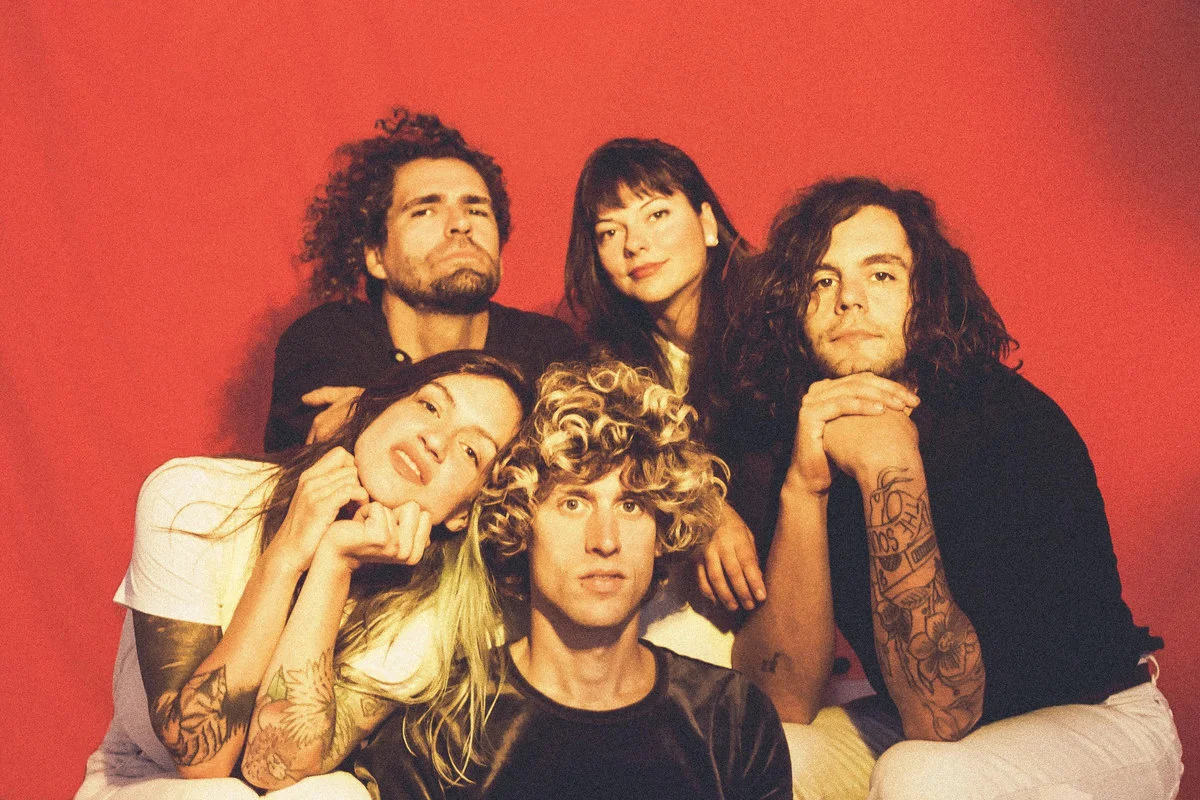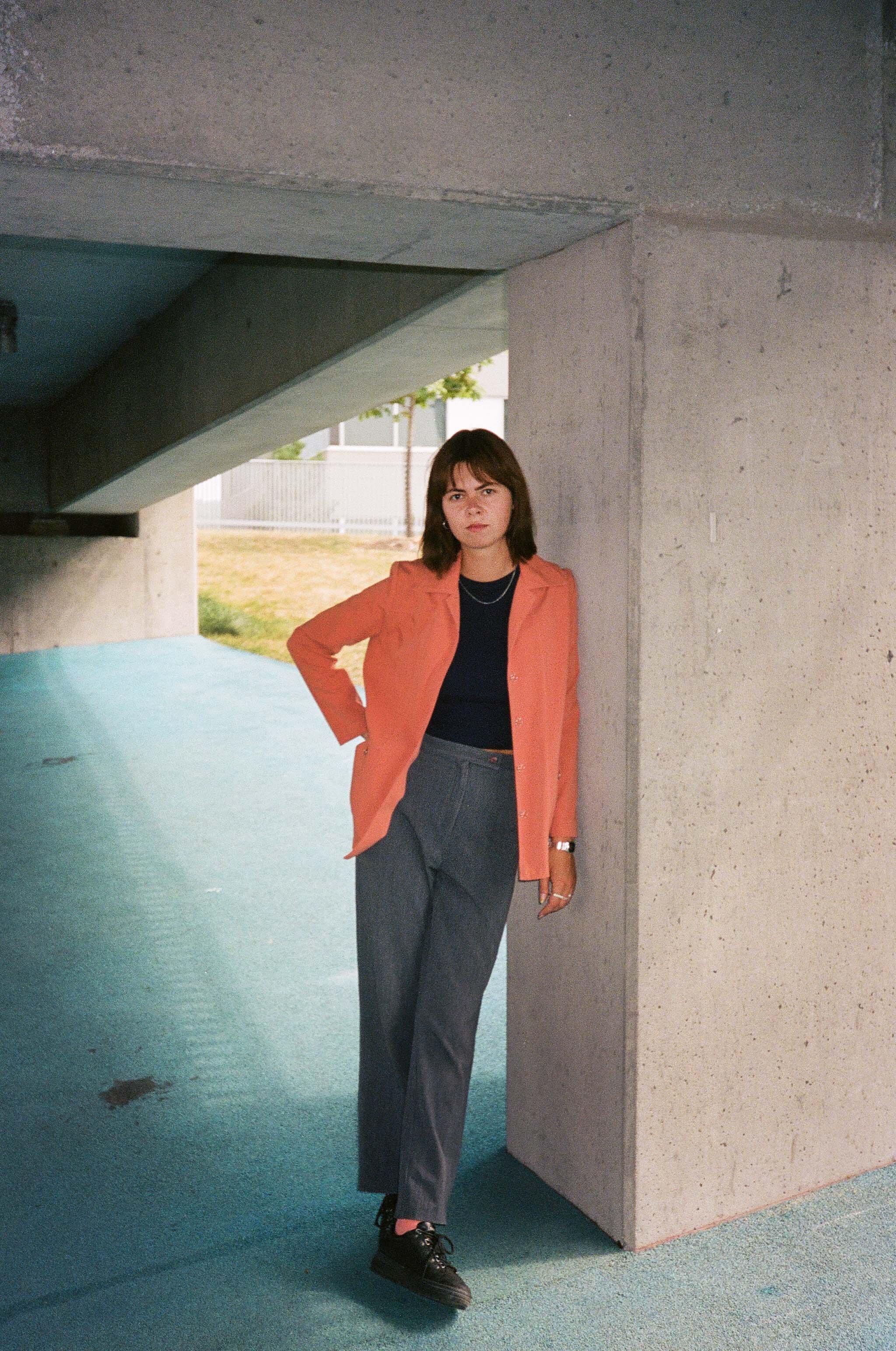Toronto R&B Duo TRP.P To Share New Track at M for Montreal
TRP.P (pronounced "trippy") is an R&B/hip-hop duo hailing from Toronto, comprised of Truss (producer, singer-songwriter) and Phoenix (singer-songwriter). The pair met in 2015 and have been “collaborating in music and life” ever since, all while enchanting audiences with their soulful, old-school sound. Truss and Phoenix made waves with their 2019 debut 2TRP.P, where they tackled injustice and oppression in their lyrics, while also celebrating queer love and empowering their communities. This effort remains intact with TRP.P’s latest offering “Never Leavin,’” out tomorrow (November 19th, 2021) and to-be-performed at the Hot Tramp Showcase at M for Montreal.
Leading up to their set at L’Esco with Janette King, Maryze and Witch Prophet, we had the chance to connect with the duo on what inspired “Never Leavin’” and how it fosters grounds for growing as collaborators.
Zoë Argiropulos-Hunter for Also Cool: To start, can you tell me about the origin story of your new single “Never Leavin’”?
TRP.P: We originally wrote this song while composing music for a TV show. Although it didn't work out for the show, it worked out perfectly for our album and complimented the new direction we want to take with our music. Once we started to record and perform the song, the message resonated with us more and more. It really is an anthem for communities that have faced displacement, especially during this pandemic. Through that same sense of community, we have met so many amazing people, including the roller-skating community right here in Toronto. You might even see them in the upcoming music video for the song!
Also Cool: Has "Never Leavin'" brought about any realizations for TRP.P? Whether it be learning something new about how you work together, your individual artistry or something you'd like to foster as a group in the future?
Truss: That's actually a really good question. For me, it made me realize just how broad our spectrum of sound truly is. Although we both grew up influenced by R&B, gospel and hip-hop, there's an underlying influence of pop and house-inspired music in the song.
Phoenix: For me, it made me realize just how impermanent everything is and how fleeting time and existence is. The song is called "Never Leavin,'" but yet by the time the song is released, three new business will close down, one condo will be built, and a million dispensaries will pop up. It’s almost like the most defiant title we could choose in a time like this. In terms of working together, there isn’t a better team than us! We love and dislike everything we do at the same time. Our goals are always two halves of a whole when we are creating.
Phoenix (left) and Truss (right) of TRP.P, photo courtesy of the artists
AC: What does the next chapter hold for TRP.P?
TRP.P: Album number two! It’s a summertime release and we are really looking forward to this one. We didn’t get to tour our first album due to the pandemic. We want to actually go on tour, see the world and play stages in places we could only dream of. Every show we play, we gain new fans and listeners. We are really excited to keep doing that, as safely and as soon as possible.
AC: What can we expect from your performance at the Hot Tramp showcase at M for Montreal?
TRP.P: We just want to have a good time! We are honoured to be playing with Janette King, Witch Prophet and Maryze. Being only our second show since the easing of live music regulations, it may be a little awkward… But the awkwardness will pass and will be followed by some smooth R&B vibes, with a hint of bars! Everyone will leave saying it was a good show. And we can't wait to prove it to you!
Photo courtesy of the artists
Catch TRP.P at the Hot Tramp Showcase at M for Montreal on November 19th, 2021.
TRP.P
Zoë Argiropulos-Hunter (she/her) is the co-founder and managing editor of Also Cool Mag. Aside from the mag, she is a music promoter & booker, and a radio host & DJ.


